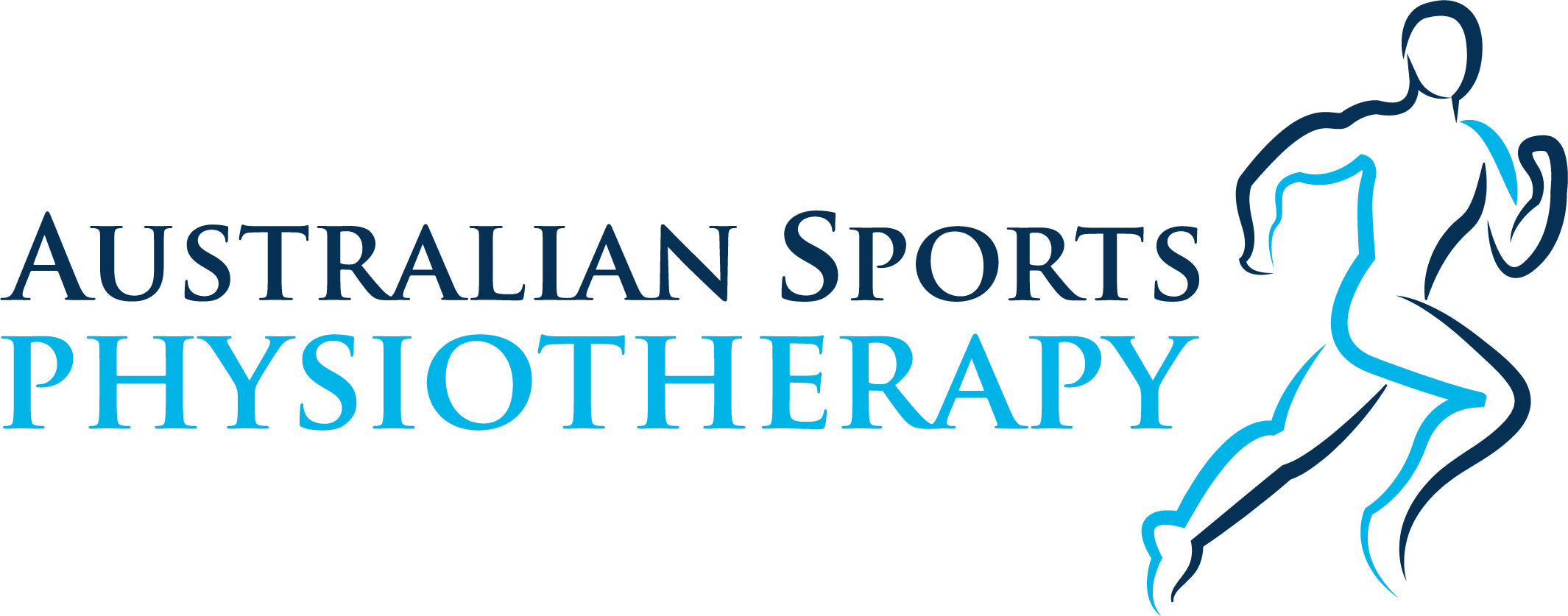Are you struggling with tendonitis that’s keeping you off the golf course? Imagine how much better your game could be if you could swing freely without pain! For many golf enthusiasts, tendonitis can be a frustrating roadblock that not only affects performance but also dampens the joy of the game.
Golf is not just a sport; it’s a passion that brings countless individuals together on the greens. However, the repetitive motions and physical strain associated with swinging a club can lead to common injuries, including tendonitis. While this condition is often dismissed as a minor setback, it can significantly impede your progress and overall enjoyment of the sport if left untreated.
Rehabilitating from tendonitis doesn’t have to be a daunting task. With the right physiotherapy approach, you can alleviate pain, restore mobility, and return to the sport you love with renewed vigour. Understanding the specific rehabilitation techniques tailored for golf can make all the difference.
Common types of tendonitis experienced by golfers
Tendonitis, or inflammation of the tendons, is a common injury among golfers due to the repetitive nature of the sport. Here are some of the most common types of tendonitis that golfers may experience:
1. Golfer’s elbow (medial epicondylitis)
This is the most common type of tendonitis in golfers. It causes pain and inflammation on the inside of the elbow where the forearm muscles attach to the bone. This condition is caused by repetitive stress on the wrist flexor muscles during the golf swing.
2. Tennis elbow (lateral epicondylitis)
While less common in golfers than golfer’s elbow, tennis elbow can still occur, especially in those with a faulty swing technique. It causes pain and inflammation on the outside of the elbow where the wrist extensor muscles attach to the bone.
3. Achilles tendonitis
This condition causes pain and inflammation in the Achilles tendon, which connects the calf muscles to the heel bone. It can be caused by repetitive stress on the Achilles tendon during the golf swing or by wearing poorly fitting golf shoes.
4. Rotator cuff tendonitis
The rotator cuff is a group of muscles and tendons that help to stabilise the shoulder joint. Rotator cuff tendonitis can cause pain and inflammation in the shoulder, making it difficult to swing the club smoothly.

Tendonitis rehabilitation for golfers
Physiotherapy is a vital component in the rehabilitation of tendonitis, a common condition among golfers. It focuses on reducing pain, and inflammation, and restoring strength and flexibility to the affected area. Here’s a breakdown of how physiotherapy can help with tendonitis rehabilitation in golfers:
1. Reducing pain and inflammation
- Modalities: Physiotherapists use various modalities like ice therapy and Dry needling to reduce tension, pain and inflammation. These modalities promote blood flow to the injured area, which aids in healing.
- Manual therapy: Techniques such as massage and joint mobilisation can help relax tight muscles, improve blood flow, and reduce pain.
- Rest and modification: Physiotherapists will advise on appropriate rest periods and modifications to your golfing routine to allow the tendon to heal without further irritation.
2. Restoring range of motion
- Stretching exercises: Specific stretches are designed to improve flexibility in the affected area, such as the wrist, elbow, and shoulder. These exercises help restore range of motion and prevent stiffness.It is important not to stretch an irritated tendon and you should check with your physiotherapist first.
- Joint mobilisation: Physiotherapists may perform gentle joint mobilisation techniques to improve joint mobility and reduce pain.
3. Strengthening exercises
- Progressive resistance exercises: Once the initial inflammation subsides, physiotherapists introduce gradual strengthening exercises to rebuild muscle strength around the injured tendon. These exercises are carefully progressed to avoid re-injury.
- Eccentric Exercises: These exercises involve lengthening the muscle while contracting it and are particularly effective in tendonitis rehabilitation. They help improve tendon strength and resilience.
4. Functional rehabilitation
- Golf-specific exercises: As your strength and flexibility improve, physiotherapists will incorporate golf-specific exercises to retrain your movement patterns and improve your technique.
- Return-to-play program: A gradual return-to-play program is designed to help you safely return to your sport without risking further injury. This program may involve modifications to your swing mechanics and a gradual increase in practice time.
Additional tips for golf tendonitis
- Rest: It’s important to take breaks from golfing and other activities that aggravate the tendonitis.
- Modify your swing: Your physiotherapist can help you identify any flaws in your swing that may be contributing to the tendonitis.
- Use proper equipment: Make sure your golf clubs, shoes and gloves are the right size and fit for you.

Final thoughts
Integrating physiotherapy into your golf routine can be a game changer, especially when dealing with tendonitis. By prioritising rehabilitation, you not only alleviate pain but also enhance your performance on the course.
So, don’t let injuries sideline your love for the game! Embrace the healing process, and soon you’ll be swinging with confidence and precision.
Remember, a strong, pain-free body is the ultimate club in your golf bag. Tee off towards recovery and get ready to conquer those fairways!
Book an appointment with one of our experienced physiologists today for a comprehensive assessment and customised treatment plan.









